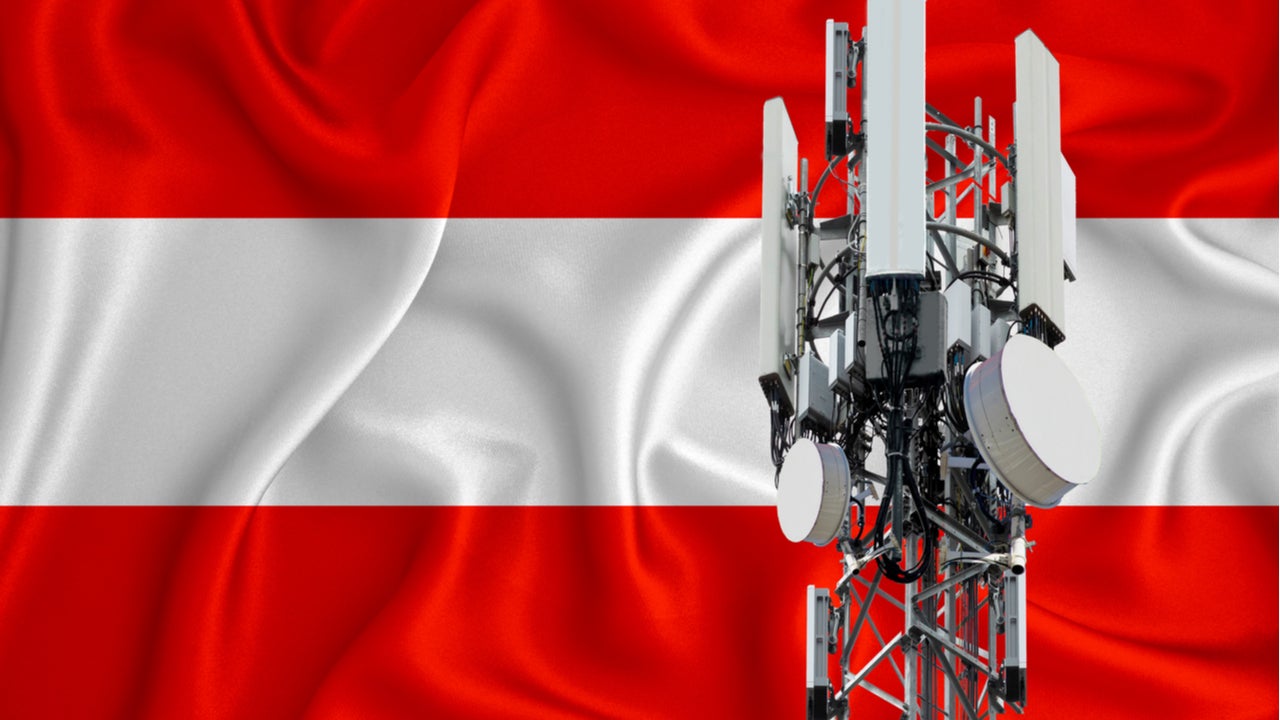
In April 2021, the government of Austria allocated €1.4 billion (US$1.7bn) by 2026 to speed up fixed broadband rollouts. These funds will come from the resilience fund of the EU, the current budget, and the raised revenues from the frequency awards in 2019 and 2020 (€389m/US$433m).
This budget aims to provide all citizens with access to high-speed broadband and balance the opportunities between rural areas and metropolitan areas. This fund will support achieving the Austrian national broadband strategy ‘Breitband Strategy 2030’ targets, which aim to provide nationwide gigabit-capable broadband connectivity by 2030.

In 2020, circa 90% of Austrian households were supplied with fixed broadband that delivers speeds of more than 30Mbps. Broadband connections with speeds over 100Mbps were available to 80% of households and 43% of households had access to a 1Gbps Internet connection.
How well do you really know your competitors?
Access the most comprehensive Company Profiles on the market, powered by GlobalData. Save hours of research. Gain competitive edge.

Thank you!
Your download email will arrive shortly
Not ready to buy yet? Download a free sample
We are confident about the unique quality of our Company Profiles. However, we want you to make the most beneficial decision for your business, so we offer a free sample that you can download by submitting the below form
By GlobalDataThe three main reliable means in delivering the 1Gbps speed in Austria are fiber, cable, and 5G FWA. In 2020, fiber contributed to 4% and cable contributed to circa 37% of the total fixed broadband connections. Fiber’s contribution is expected to increase to 17% and cable to reach 40% of total fixed broadband connections by 2025.




